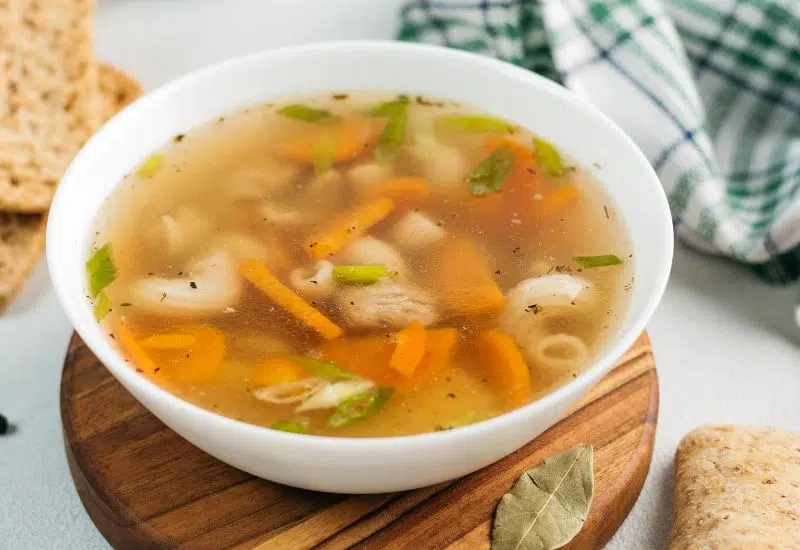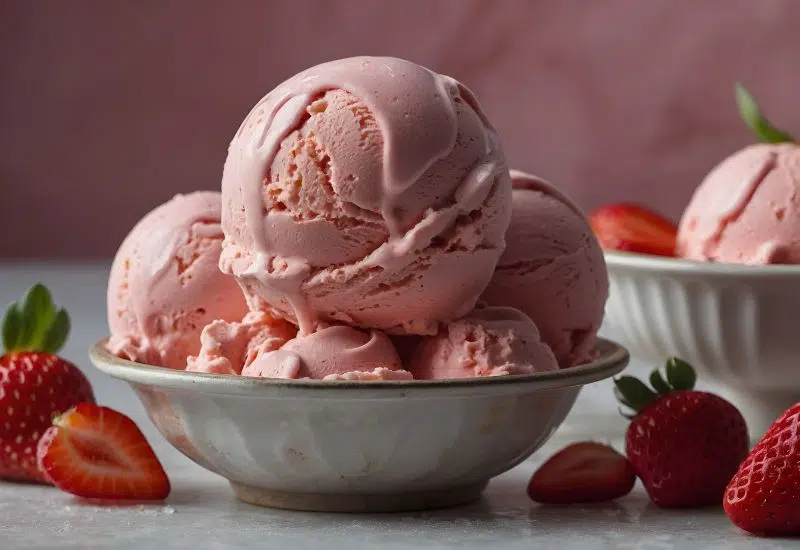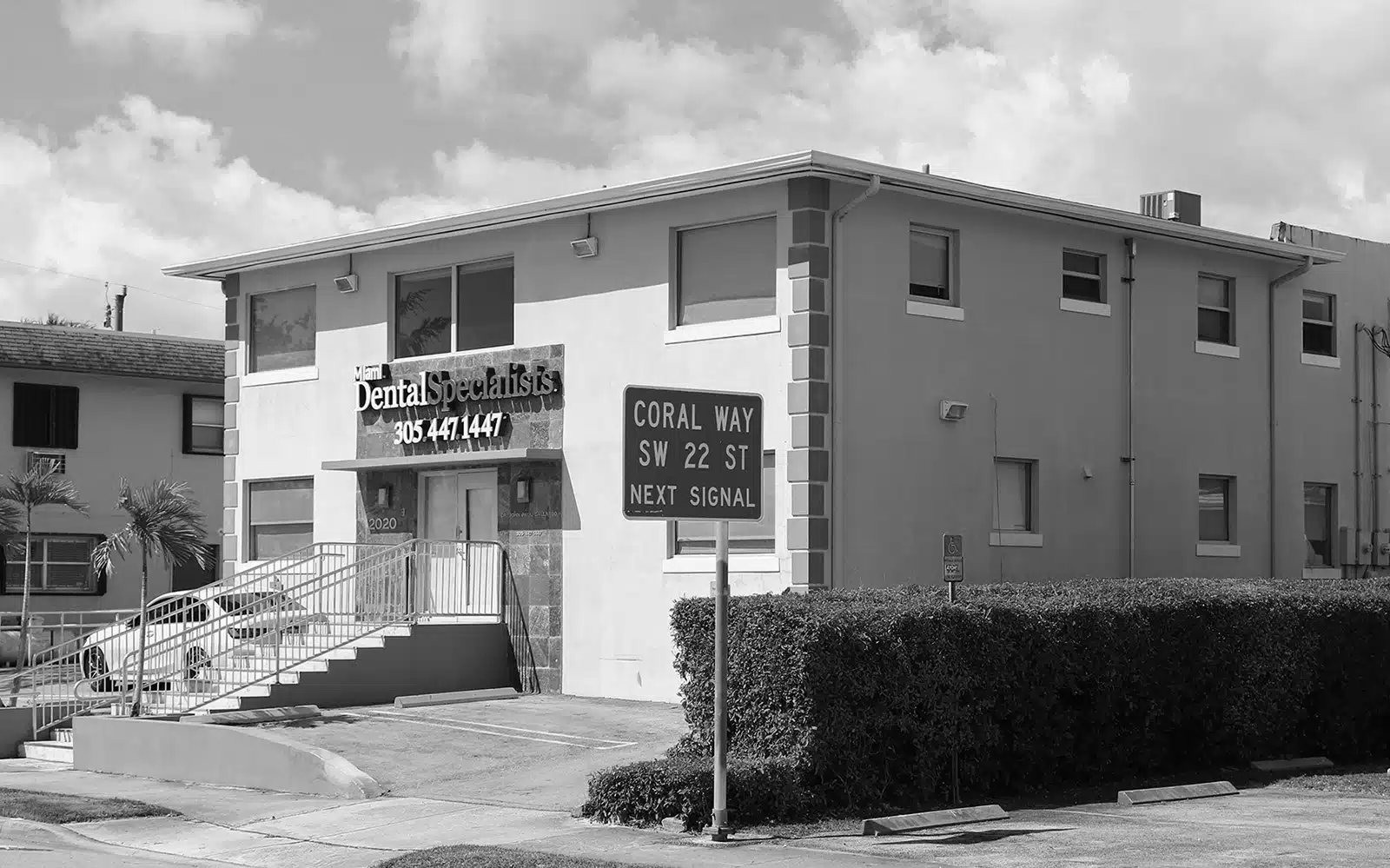
Ever found yourself wondering what’s safe to eat after having your wisdom teeth pulled? Recovering from wisdom tooth surgery can feel like navigating a minefield—one wrong bite and you’re in pain, risking complications that slow down healing.
The good news? Knowing what to eat (and when) is a game-changer. With the right foods, not only can you soothe your mouth and avoid oral health issues, but you can also support faster healing and get back to your normal foods in no time. Let’s dive into what your post-op diet should really look like.
How Long After Wisdom Tooth Removal Can I Eat Solid Foods?
After wisdom tooth surgery, it’s crucial to allow your mouth time to heal. For the first week, stick exclusively to soft foods to avoid disrupting the healing sockets. Following that, for at least two weeks—and up to eight weeks if your lower wisdom teeth were removed—avoid hard, crunchy, or very chewy foods that can interfere with recovery or lead to oral health issues. You’ll be able to resume your normal foods gradually. We’ll break down exactly what to eat and avoid throughout this guide.
Food to Eat After Wisdom Tooth Removal
Following wisdom tooth removal, your recovery begins in the kitchen. Choosing the right foods during this time isn’t just about avoiding pain—it’s about giving your body the fuel it needs to heal. A well-balanced post-surgery diet packed with essential nutrients can reduce inflammation, support tissue repair, and help you bounce back faster.
For the first week or more, you’ll need to stick to soft foods that are gentle on your healing gums. But soft doesn’t have to mean boring—there are plenty of healthy foods rich in vitamins and minerals that can support your recovery. In this section, we’ll walk you through the right foods to enjoy after surgery, all of which are tasty, nourishing, and safe to eat
Soups and Broths

Warm (not hot) soups and broths are some of the most comforting and healing liquid foods you can consume after wisdom tooth removal. They require no chewing, are easy to digest, and can be full of necessary nutrients that support your body’s natural healing process. Aim for smooth, blended varieties like tomato soup or pureed vegetable broth, and avoid any solid chunks that might irritate the surgical area. They’re also a great way to stay hydrated while keeping your diet varied and satisfying.
Scrambled Eggs

Scrambled eggs are a protein-rich, soft food that’s easy to chew and swallow, making them a top pick after wisdom tooth removal. Their fluffy texture is gentle on sensitive gums and doesn’t require much effort to eat. They’re also highly versatile; cook them with a bit of milk or cheese for added creaminess and flavor, but avoid any crispy edges or added spices that might cause irritation. As a quick, nutritious meal, scrambled eggs fit seamlessly into your healing plan.
Mashed Potatoes
Mashed potatoes are a classic comfort food and a perfect addition to your post-surgery diet. Soft, creamy, and easy to swallow, they require no chewing, making them ideal for the sensitive healing period. For added nutrition, consider using sweet potatoes instead; they’re rich in fiber, beta-carotene, and essential vitamins that can aid the healing process. Just be sure they’re smooth and lukewarm to avoid irritating the surgical sites.
Greek Yogurt
Greek yogurt is a smooth, protein-rich food that’s gentle enough for post-surgery recovery while delivering important nutrients. Its creamy texture requires no chewing, making it a safe option even in the earliest healing stages. Plus, it’s packed with probiotics that support gut health, which is especially helpful if you’ve been prescribed antibiotics. Choose plain, unsweetened varieties to avoid added sugars, and skip any mix-ins like granola that could irritate your surgical sites.
Ice Cream

When it comes to soothing your mouth after surgery, cold foods like ice cream can offer instant relief. The cool temperature helps reduce swelling and provides comfort during those first few sensitive days. While regular ice creams are fine in moderation, consider trying banana ice cream—a homemade alternative made by blending frozen bananas for a naturally sweet, dairy-free option. Whichever you choose, avoid mix-ins like nuts or chocolate chips that could irritate healing tissue.
Milkshakes/Smoothies

Milkshakes and smoothies are excellent choices when you need nourishment without the effort of chewing. These creamy, cool options are gentle on healing gums and can be packed with nutrients. Add protein powder, Greek yogurt, or nut butters for an extra health boost, but steer clear of using a straw—it can dislodge blood clots and hinder healing. Stick to a spoon and keep ingredients smooth for a safe and satisfying recovery treat.
Instant Oatmeal
Instant oatmeal is a soft, warm option that’s both satisfying and easy to prepare. Its smooth texture makes it suitable for the early days of recovery, and it’s a great source of fiber and energy. Let it cool slightly before eating to avoid irritating sensitive gums. You can enhance its nutritional value by mixing in mashed banana or a spoonful of nut butter—just make sure everything is blended and free of chunks or seeds.
Cream of Wheat
Cream of Wheat is an excellent alternative to oatmeal, offering a smooth, creamy texture that’s easy to eat during the first few days of recovery. It’s gentle on your gums, easy to digest, and can be a great source of iron and B vitamins. You can mix in a touch of honey or cinnamon for flavor, as long as you avoid any crunchy toppings. Served warm—not hot—this comforting dish makes a satisfying and safe choice for your healing diet.
Bananas and Soft Fruits
Bananas and other soft fruits are excellent additions to your recovery menu. Bananas, in particular, are easy to chew, gentle on your gums, and rich in potassium and fiber. You can mash them or blend them into smoothies for an even softer texture. Other soft fruits like ripe peaches, seedless watermelon, or canned pears can also provide variety and essential vitamins. Just be sure to avoid any fruit with seeds, tough skins, or acidic juices that could irritate your healing mouth.

How to Safely Reintroduce Chicken After Wisdom Teeth Extraction
Reintroducing solid proteins like chicken after wisdom teeth surgery requires patience and care. While it may be tempting to return to your usual meals quickly, rushing into tougher foods too soon can delay healing or cause complications. It’s best to wait until you’re past the initial soft-food phase—typically after the first week—and even then, opt for shredded or finely chopped chicken that’s been cooked until tender. Avoid fried or heavily seasoned preparations that could irritate the healing areas.
Your post-operative recovery should prioritize gradual transitions. Start by mixing small portions of soft, cooked chicken into other gentle foods like mashed potatoes or soups. This eases your mouth into chewing again without overwhelming the surgical sites. Listen to your body: if chewing causes discomfort or sensitivity, wait a few more days before trying again. With the right approach, you’ll be back to your normal protein intake without compromising your recovery.
What Food Should Be Avoided Following Wisdom Tooth Extraction?
Just as important as knowing what to eat is understanding what to avoid. Some foods can disrupt clot formation, irritate your surgical sites, or even lead to infections—all of which can prolong your recovery. Steering clear of the wrong options in the days and weeks following surgery will help ensure a smooth, complication-free healing process.
Below is a list of foods and beverages that should be avoided after wisdom tooth extraction. While many of these are everyday favorites, they can pose risks during the healing period and should be reintroduced only when your mouth is fully recovered.
- Hot foods: Extremely hot soups, drinks, or meals can irritate the surgical area and delay healing. Always let food cool to a lukewarm temperature before consuming.
- Spicy foods: Spices can cause stinging and discomfort and may even trigger inflammation in the healing tissues.
- Hard fruits and vegetables: Raw carrots, apples, and similar foods require too much pressure to chew and can damage the surgical site.
- Chewy foods: Items like bagels or tough cuts of meat can stress the jaw and disrupt the healing gums.
- Crunchy foods: Chips, popcorn, and nuts can easily get lodged in the extraction sites and cause irritation or infection.
- Acidic foods: Citrus fruits, tomatoes, and vinegar-based items can sting open wounds and slow healing.
- Alcoholic beverages: Alcohol can interact poorly with medications and interfere with your body’s ability to form clots, increasing the risk of dry socket.
- Sharp foods: Foods with pointed edges—like crackers or toast—can scratch or poke at the sensitive surgical area, potentially reopening wounds.
Trust an Expert Dentist for Your Wisdom Teeth Removal
Choosing the right dentist for your wisdom teeth removal is just as important as following the correct diet afterward. The expertise and technique of your oral surgeon play a major role in minimizing complications, ensuring a smooth recovery, and reducing the risk of long-term oral health issues.
With over 25 years of experience, Dr. John Paul Gallardo is South Florida’s trusted leader in wisdom tooth extraction and periodontal care. Known for his precision and commitment to patient comfort, Dr. Gallardo performs procedures in a state-of-the-art facility equipped with cutting-edge technology and IV conscious sedation for a stress-free experience. Ready to take the next step? Call us today at 305-447-1447 or visit our contact page to schedule your consultation.